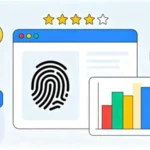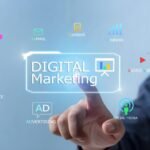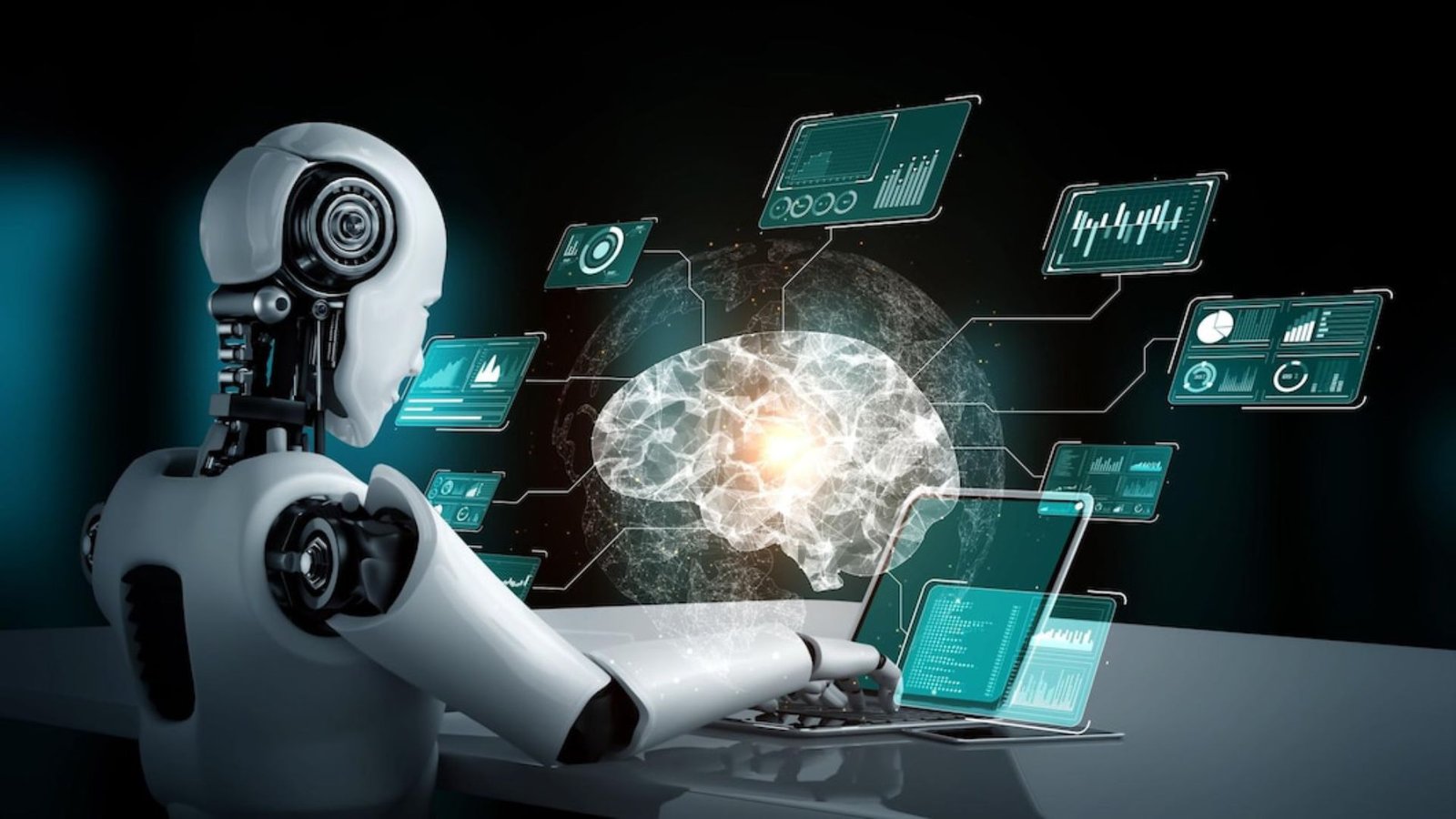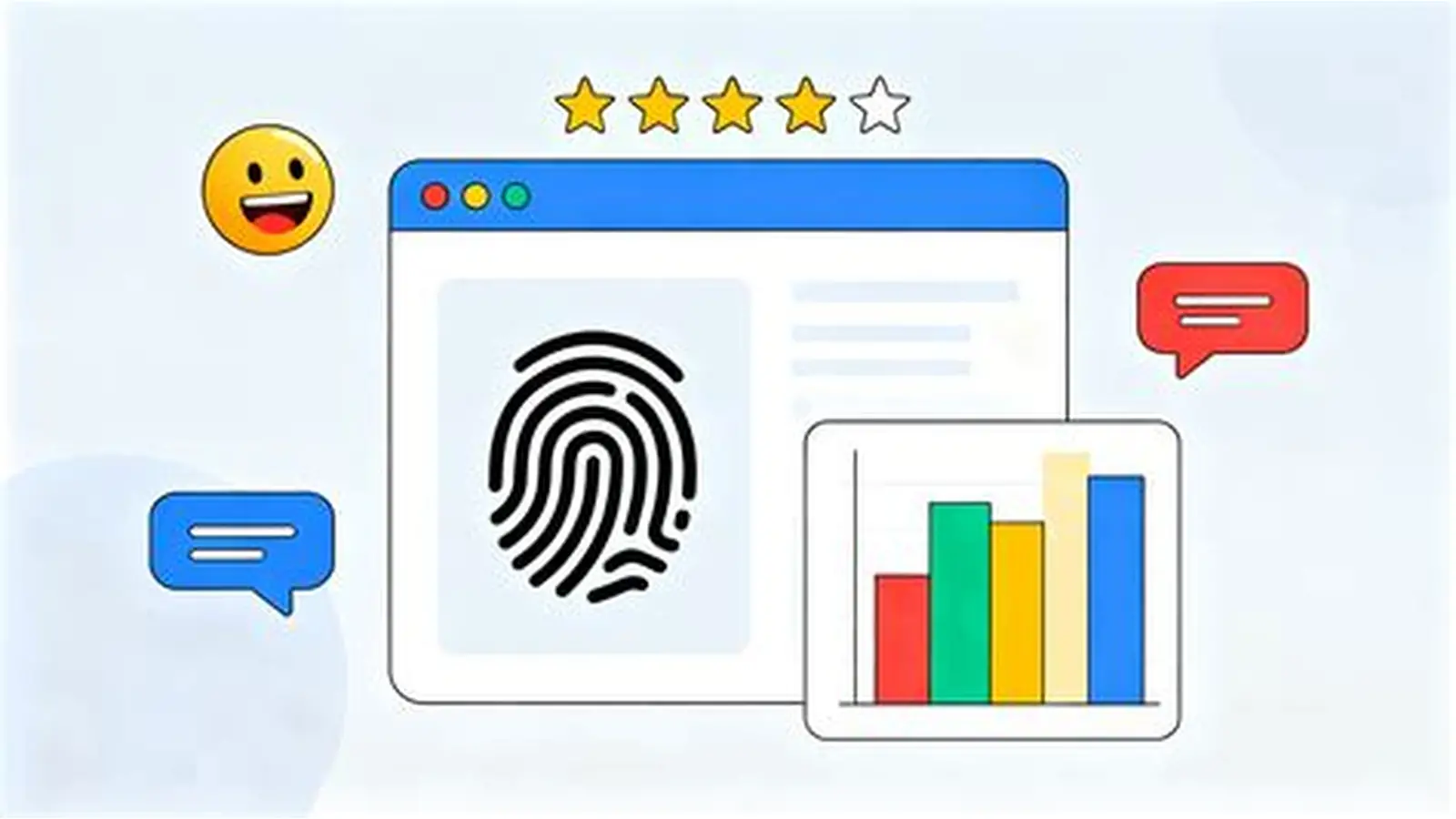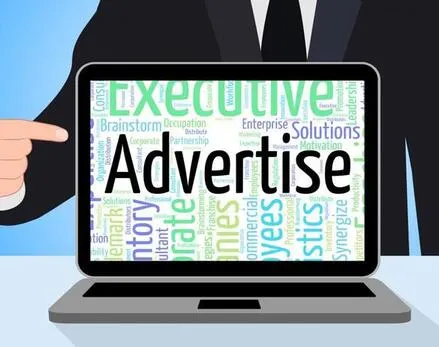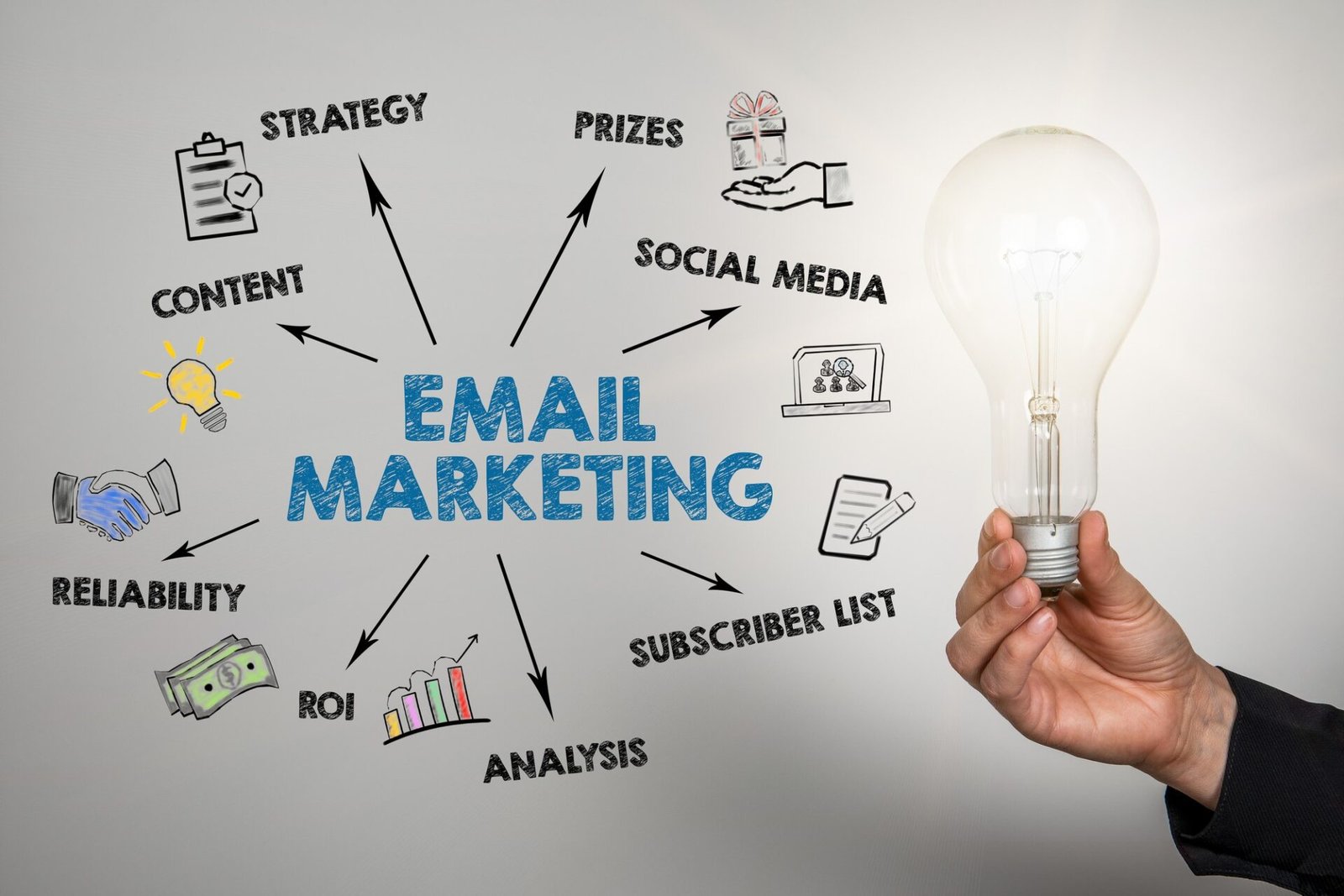Artificial Intelligence (AI) is no longer a futuristic concept—it’s the driving force behind modern digital marketing. In 2026, AI helps brands analyze data, personalize experiences, and automate marketing tasks faster than ever before. Whether you’re managing social media, running ad campaigns, or optimizing SEO, AI tools can make your marketing smarter, not harder. Let’s explore how AI is reshaping digital marketing today and which tools and tactics you can use to stay ahead.
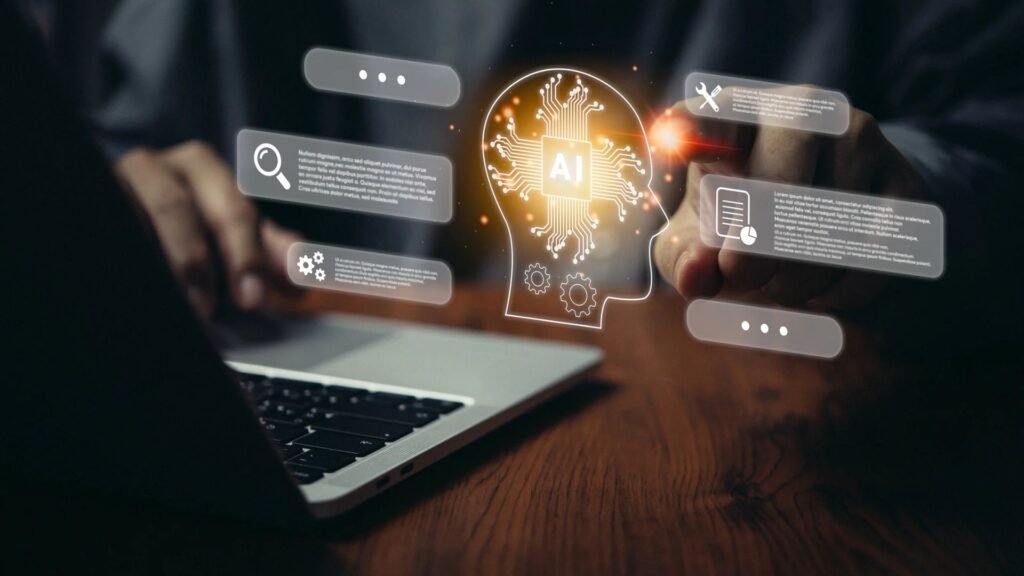
Understanding the Role of AI in Digital Marketing
AI in marketing uses machine learning, predictive analytics, and natural language processing to understand customer behavior and make better decisions. Instead of guessing what works, marketers can now rely on data-driven insights to create more effective campaigns.
AI helps businesses:
-
Analyze large amounts of customer data instantly.
-
Predict buying behavior and personalize messages.
-
Automate repetitive tasks to save time.
-
Improve ROI through precise targeting and performance tracking.
In short, AI gives marketers the power to deliver the right message to the right person at the right time.
AI-Powered Customer Personalization
Consumers expect personalized experiences. With AI, brands can tailor content, product recommendations, and emails to each customer’s preferences.
Tactics to use:
-
Predictive recommendations: Use AI to suggest products or services based on past behavior.
-
Dynamic email campaigns: AI tools adjust subject lines and content based on user engagement.
-
Personalized website content: Tools like Optimizely or Adobe Target show different content to different users.
This level of personalization builds trust and increases conversion rates significantly.
Smarter Content Creation
AI tools are transforming content marketing by helping marketers create faster, more engaging content.
Popular AI tools:
-
ChatGPT and Jasper: Generate blog ideas, drafts, and ad copy.
-
Grammarly and ProWritingAid: Edit and refine content for clarity and tone.
-
Surfer SEO and Clearscope: Optimize content for search engines with AI-driven keyword insights.
AI doesn’t replace human creativity—it enhances it by removing repetitive work and helping you focus on storytelling and strategy.
AI in SEO and Search Optimization
SEO has become more sophisticated, and AI is leading the change. Search engines like Google now use AI (e.g., RankBrain, Gemini) to understand user intent. Marketers can also use AI to improve rankings.
AI SEO tactics:
-
Identify high-value keywords faster with tools like Ahrefs, SEMrush, or Frase.
-
Use AI-driven content optimization to match search intent.
-
Analyze competitors’ strategies automatically.
-
Optimize for voice and visual search, which are powered by AI.
AI-based SEO tools help you stay competitive in a constantly evolving search landscape.
AI-Driven Advertising and Media Buying
AI has made digital advertising more efficient and cost-effective. It can automatically bid on ads, target the right audience, and optimize campaigns in real-time.
Best tools and tactics:
-
Google Performance Max and Meta Advantage+ use AI to deliver ads to the best-performing audiences.
-
Programmatic advertising platforms like The Trade Desk automate ad placement and budget optimization.
-
AI ad generators (like AdCreative.ai) create high-converting visuals and copy.
This automation minimizes wasted ad spend and improves ROI.
Chatbots and Conversational Marketing
AI chatbots have become essential in digital marketing. They help brands provide instant support, qualify leads, and even close sales—all without human intervention.
Examples:
-
Chatbots on websites and social platforms answer FAQs in real-time.
-
AI assistants can recommend products or schedule appointments.
-
Tools like Drift, ManyChat, and Intercom create personalized, automated conversations.
A well-trained chatbot enhances customer satisfaction and keeps your business available 24/7.
Predictive Analytics for Smarter Decisions
AI-powered predictive analytics helps marketers forecast trends, identify potential customers, and plan future campaigns.
Benefits include:
-
Anticipating customer needs before they act.
-
Spotting patterns in user behavior to prevent churn.
-
Allocating budgets effectively based on real data.
Tools like HubSpot, Marketo, and Salesforce Einstein integrate AI analytics to guide smarter marketing decisions.
AI and Marketing Automation
AI takes marketing automation to the next level by learning from user behavior and adjusting campaigns automatically.
Applications include:
-
Automated email segmentation.
-
Smart retargeting ads based on user intent.
-
Behavior-based drip campaigns that nurture leads efficiently.
With AI automation, you can scale your marketing while maintaining personalization and consistency.
Conclusion
AI has become the backbone of modern digital marketing. It helps brands understand audiences better, create smarter campaigns, and optimize results faster than ever before. By combining human creativity with AI-driven tools and tactics, marketers can build stronger connections, increase conversions, and stay ahead of the competition in 2026.
If you haven’t started integrating AI into your marketing strategy, now is the perfect time—because in digital marketing, intelligence truly wins.

